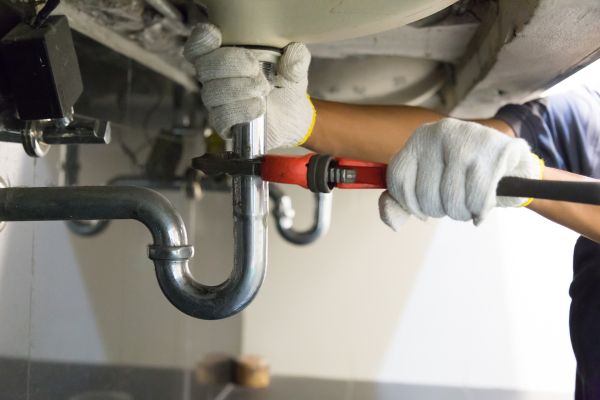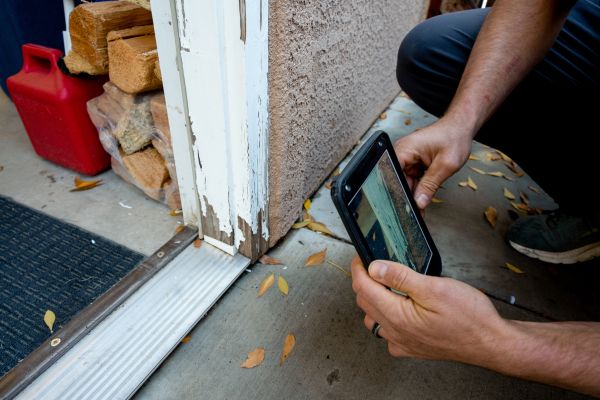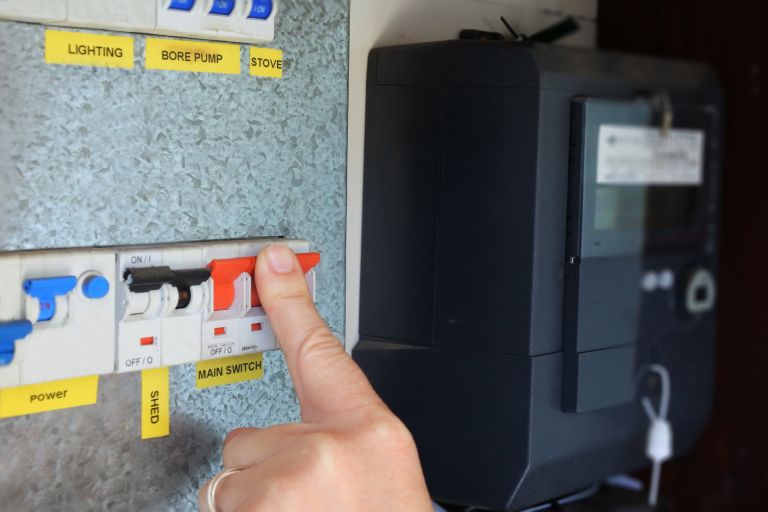How do I request a repair be made?
There are two types of repairs: urgent repairs and non-urgent repairs.
In both circumstances you should contact your landlord or real estate agent first.
If you require urgent repairs and you can't contact your landlord or agent, then you can contact a repair person yourself - see your residential tenancy agreement for approved or preferred tradespeople to use - and have the costs reimbursed up to $1,000.

What is an 'urgent repair'?
Urgent repairs are for any issue that threatens a property's structural integrity, poses a risk to lives, makes a property unsafe or insecure, or prevents access to essential services.
- flooding or serious flood damage
- serious storm damage
- serious fire damage
serious roof damage or leak
- stove or oven
- heater or air conditioner
- failure or breakdown of hot water service
- smoke alarms not working
Steps to get urgent repairs done
Tell them – in writing if possible – about what needs fixing.
Follow up any conversations in writing.
Keep a copy of any correspondence or conversations as evidence.
If your landlord or agent cannot be contacted or is unwilling or taking too long to arrange repairs, check whether your lease includes details of a preferred tradesperson.
Get the repair work done by a licensed tradesperson, preferably one that has been recommended on your lease.
Your landlord or agent may not have to reimburse you for the cost of the repair if:
- you caused the damage
- you didn’t try to contact them about the repair
- you didn’t give them a reasonable amount of time to organise the repair
- the repair was not carried out by a licensed tradesperson.
Make sure you send written details of repairs, including receipts for the costs, so you can get repaid.
You can get repaid for the cost of the work up to $1,000. Your landlord or agent must pay you back within 14 days of your notice.
What is a 'non-urgent' repair?
Non-urgent repairs are those that do not need fixing right away. For example, a broken cupboard or a cracked glass window. They are not threatening the property's structure or endangering lives, but will need to be done to keep the property in reasonable condition.

Tell them in writing what needs fixing and by when – give a clear deadline.
If you deal with a property agent, you can:
- ask the property agency
- contact the agency licence holder (the principal or manager)
- contact your landlord direct.
Follow up if you have not heard back within a reasonable time frame.
Keep a copy of any correspondence and a record of any conversations as evidence that you told the landlord/agent.
You may need to give your landlord or agent access to the property to assess the repair needs. Tradespeople will also need to get access to do the repairs. There are minimum notice periods for access to rental properties.
Can you organise non-urgent repairs yourself?
If you want to organise for repairs yourself, you need to:
- have the landlord’s consent.
- ask the landlord to pay you for any costs.
- get their consent and agreement to pay in writing.
They should pay you back within 14 days.
What if things go wrong?
If urgent repairs are not done:
- do not stop paying the rent. If you stop paying your rent, you will be in breach of your lease agreement, and you could be asked to move out.
For urgent repairs, you need to show that:
- the problem needing repair was not your fault
- you made a ‘reasonable’ attempt to contact the landlord/agent
- you allowed the landlord or agent a ‘reasonable’ chance to do the repairs
- a repair person named in your tenancy agreement (if possible) or a licensed or qualified tradesperson did the repairs
- you have copies of all receipts and records of conversations or letters that you have written.
You will need to have your landlord or agent's agreement if any non-urgent repairs are needed and follow the steps outlined above to get them done.
If a repair issue is not able to be resolved, you can lodge a complaint to NSW Fair Trading to get help. If the landlord or agent doesn't want to carry out the repairs, NSW Fair Trading may decide to issue a rectification order.
If this still does not solve the issue, you can escalate the dispute to the Tribunal (NSW Civil and Administrative Tribunal (NCAT)).
To get help and support, go to the Tenants’ Union of NSW for legal advice, assistance, and information to tenants, with resources in community languages available. The NSW Aboriginal Tenancy Advice and Advocacy Services also offers assistance and support for Aboriginal and Torres Strait Islander tenants.



